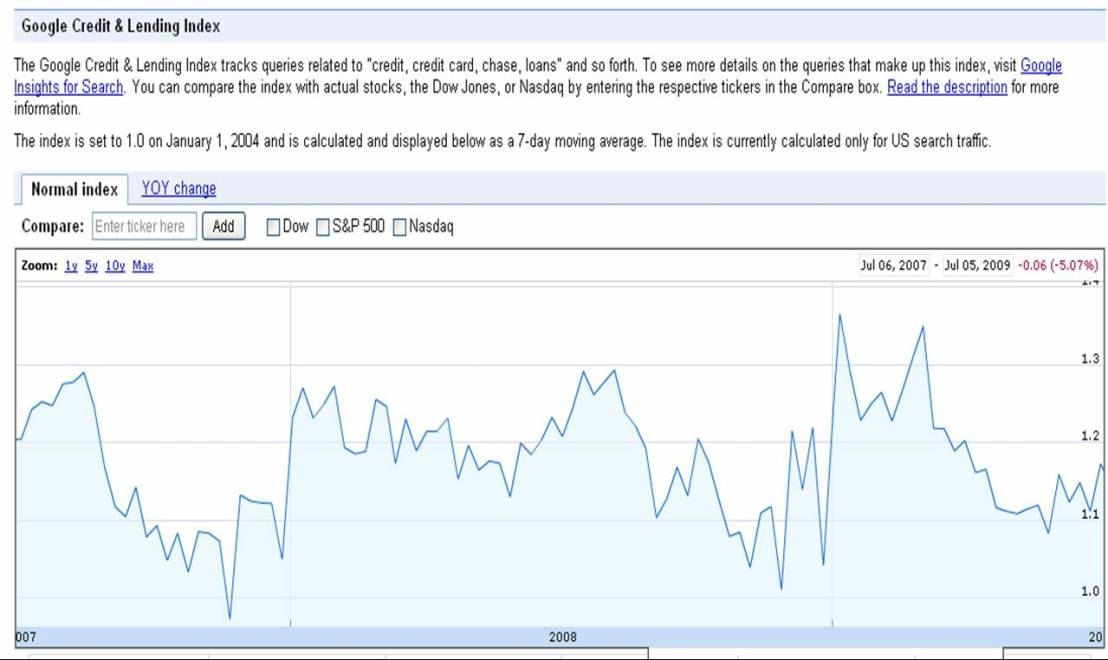By James Kwak
I wasn’t sure if I was going to write about the Whitehouse Amendment, which would allow states to regulate the interest rates charged to their residents. According to a 1978 Supreme Court decision, financial institutions are governed by the law of the state that they reside in, not the laws of the states they do business in; the result was the current situation, where the big credit card issuers are based in South Dakota, because Citibank basically wrote South Dakota’s consumer credit laws. In its essence, the amendment says this: “The interest applicable to any consumer credit transaction [not a mortgage], including any fees, points, or time-price differential associated with such a transaction, may not exceed the maximum permitted by any law of the State in which the consumer resides.”
Obviously I’m in favor of it, as the current system just allows the worst kind of regulatory arbitrage. (Note that administration officials like to oppose strict legislative measures, like a hard leverage cap, on the grounds that these things need to be negotiated internationally so that banks won’t just set up shop in the most lightly-regulated jurisdiction — yet that’s exactly what happens with credit cards.) But I wasn’t sure what there was to add, since Mike Konczal and Bob Lawless have already weighed in.
Then I read the ABA’s argument against the amendment, that gave me all the motivation I needed.
Continue reading “ABA Argues That Black Is White and Must Stay That Way”

